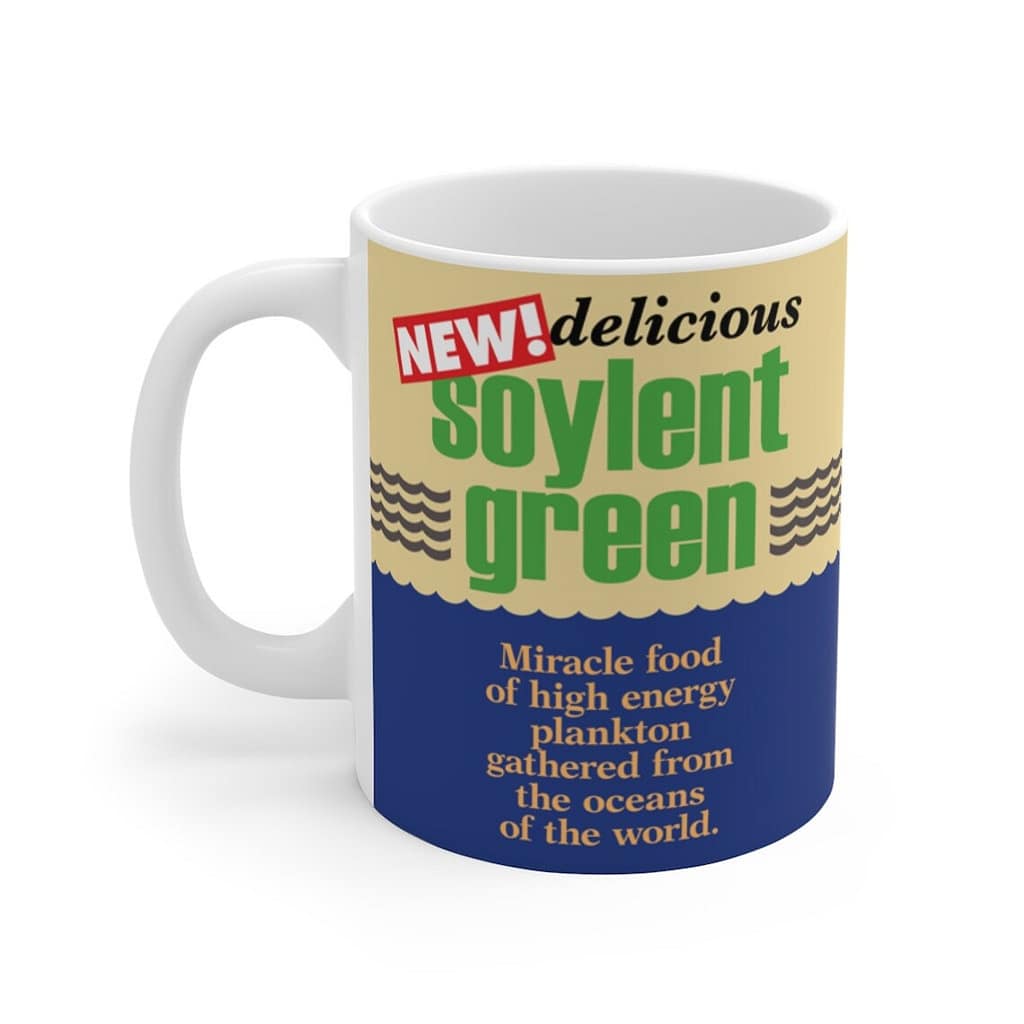Sci-fi’s impact on the mainstream is surely stronger than it has been for a long, long time – but let’s hope that the in-depth characterisation that elevated the SF of yesteryear isn’t sacrificed on the altar of beautiful surfaces.
Take the mega-success of Squid Game, the survival-game dystopia with a strong anti-capitalist theme that has, ironically, so far made $19 billion and counting for Netflix. Even more than predecessors including Battle Royale, Hunger Games and Alice In Borderland, it’s a social allegory of the most brutal kind. To begin with, its characters are presented as seemingly deliberate cyphers: it’s much easier to focus on the important aspects of the show if you don’t have anyone specific to empathise with.
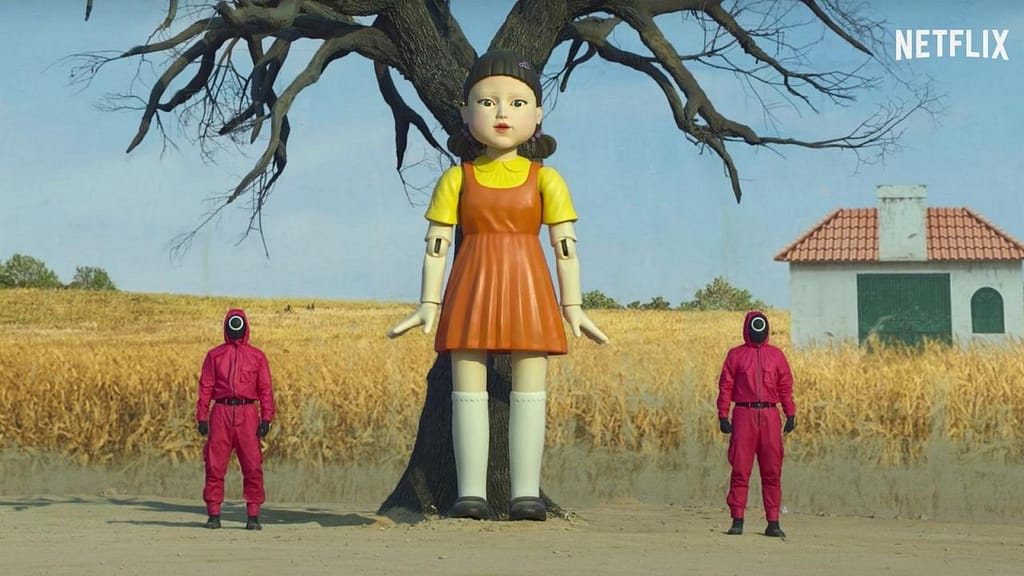
While Squid Game’s various sledgehammer critiques of economic inequality are far too deliberate and close to the surface to be mistaken, there are subtleties, too. So as well as the trials of the game-players, we also follow the lives of the guards who serve the Evil One as they clean up the mess, fill the incinerators, trudge back to their windowless cells… the worker bees may be anonymous, but they, like everyone else, have their own issues to deal with.
Yet key to the show’s popularity – alongside the obsessively symmetrical, stylised video-game aesthetics and the pruriently choreographed ultraviolence – is its cast of initially depthless, instantly recognisable character archetypes (no spoilers, but it’s something that’s happily subverted after over half of the episodes have passed).

Much of the impact science fiction is having right now seems to be down to film studios and streaming services such as Apple TV and Netflix scouring the sci-fi archives for franchises to remake. The enduring popularity of recent-ish big-budget SF serialisations such as The Expanse, The Handmaid’s Tale, Westworld and Altered Carbon has paved the way for what looks like the most vaulting and ambitious of them all so far: Foundation, Apple TV’s bid for a Game Of Thrones-sized hit based on Isaac Asimov’s series of stories that began as far back as the 1940s.
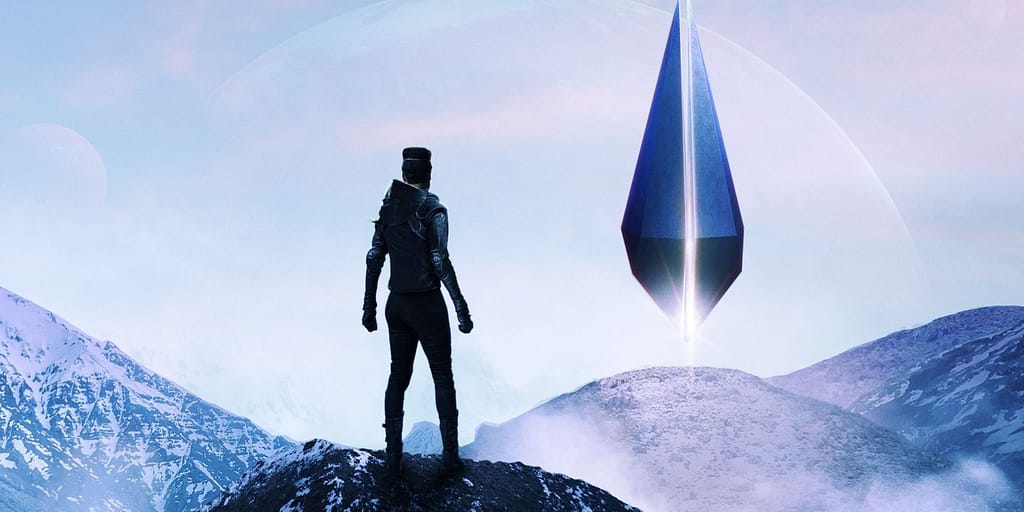
Something of a sacrosanct Holy Grail for the SF hardcore, I knew I should like it; I tried to like it; I told myself off when I questioned whether or not I was enjoying it. Five episodes in, and I still found myself sliding down its surface, feeling entirely unengaged by its miserable characters and 100-per-cent earnest dialogue. A similar theme emerges from a significant minority of the critical reaction: “A masterclass in worldbuilding that forgets its inhabitants” (Wired); “A very beautiful sci-fi screensaver” (Vulture.com); “Not one line of dialogue grabbed my ear as clever or memorable. Very few distinctive personalities popped out” (Chicago Tribune); “Lacking wit or self-awareness” (NME.com)…

Meanwhile, in the Covid-smeared multiplexes right now, science-fiction’s premier auteur Denis Villeneuve has applied his aesthetic brilliance to Dune – a blockbuster based on Frank Herbert’s 1965 spice opera, written in response to Foundation. I haven’t seen it, but I’m sure that if Blade Runner 2049 and Arrival are anything to go by, it’ll be an example of aesthetically breathtaking, visceral worldbuilding and symphonically orchestrated action sequences. Alas, I’m not as confident that the dialogue and narrative flow will be anywhere near as satisfying as the visuals (Blade Runner fans, you revisit that sequel at your peril – once I was over the blessed relief of it not being a turkey, I rewatched it and really wished I hadn’t).
Just maybe, something is amiss at the heart of these beautiful creations?
What would you say these remakes have in common… is there a thread that connects them? For me, it’s as simple as a lack of empathy with the viewer, a vague feeling of disconnect with the everyday mechanics of social reality. In place of lively, realistic dialogue, meaningful character interactions, god forbid, perhaps even humour, we wade through affectless placeholders, bloodless cliché, earnest hero-speak. And the danger with the remaking process is that the elements which made the originals good in the first place are the very things that are being hurriedly jettisoned out of the airlock.
As far back as 2012, while doing press for Prometheus, Ridley Scott recognised this, as he summarised the trouble with science fiction. “Everything is used up. Every type of spacesuit, every type of spacecraft is vaguely familiar. The corridors are similar, the planets are similar,” he opined. “So what you try to do is lean more heavily on the story and the characters.”
Except… the comparison between Alien (1979) and Alien: Covenant (2017) springs to mind. In the former, you care about the characters and their down-to-earth, truckers-in-space concerns; in the latter, you couldn’t give a single shit who the xenomorph tears to bits.
They’re as irrelevant and dimensionless as the enemy characters in a computer game and as undernourishing and insubstantial as the popcorn you’re mindlessly spooning into your chops as you watch it. Wait – there was one great bit of characterisation in it, but that particular Oscar went to… a man playing two robots.
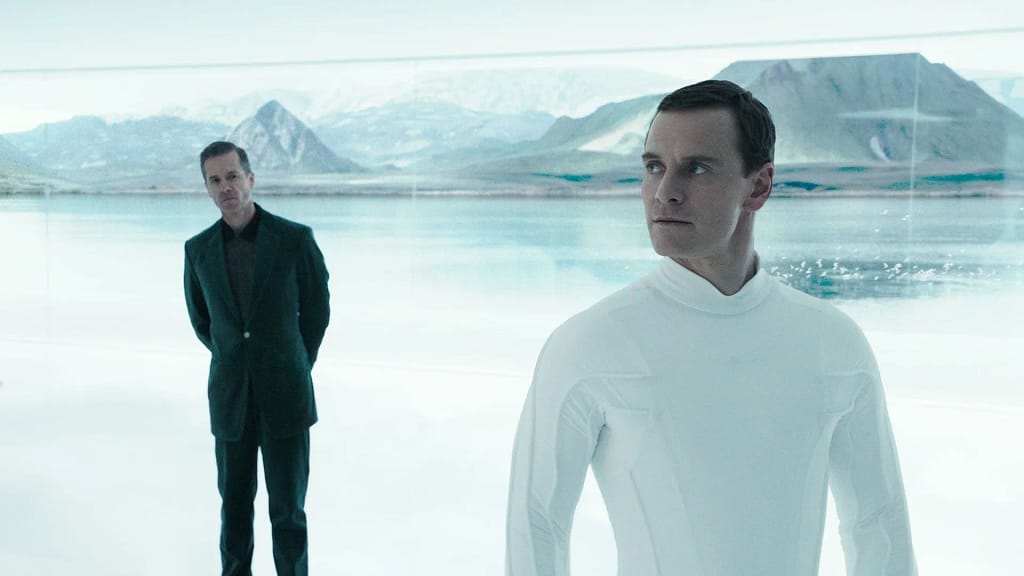
And the news reaches us from LV-426 that the franchise is being resurrected for TV, by the talented showrunner and writer Noah Hawley, multitalented creator of the Fargo series. Promising stuff, and we also learn that Ridley Scott is to join the project as Executive Producer. Yet despite this, even he has his doubts. “It’ll never be as good as the first one,” a grinning Scott told the Independent. “That’s what I’ll say.”
And the likelihood is, it won’t… but hopefully not for the same reasons the later Alien movies (including the godawful-except-for-the-bit-with-the-big-pilot-aliens-and-even-then aaaaaaaaaaaarrrrgh Prometheus) weren’t anywhere near the first two.
Believable characters constructed from well-written dialogue.
Cowboy Bebop is another of sci-fi’s sacred cows that’s currently being tampered with. The hit anime from the turn of the Millennium has long been a gateway into the genre’s deeper charms for Westerners, given its mashing together of tropes, archetypes and soulful backstories that were instantly familiar and comfortable for Western TV audiences. It’s excellent, timeless stuff… and is also far more than just a hollow exercise in pastiche and cultural reappropriation.
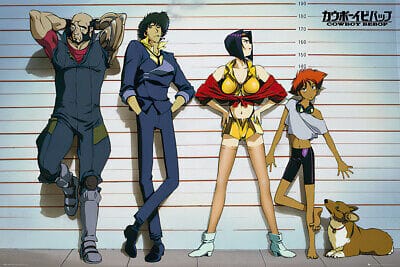
In fact, the original series is a beautifully crafted, effortlessly stylish and pioneering sci-fi story that’s worthy of all of the hype subsequently lauded on it. It managed to include adult themes from drug use to terrorism, all of which were cleverly smuggled in to nestle alongside the comic action.
Most of all, its character economy is superb. A connection between character and viewer is rapidly established through effective storytelling and telling dialogue exchanges, and revelations about the crew’s backstories reveal hidden depths – in the creator’s head, these characters are real people with real preoccupations and believable motivations and problems. This belief transfers to the audience.
Now, however, we’re presented with this trailer for the new live-action version of Cowboy Bebop. And once again, style looks as though it will triumph over substance. I hope for mainstream sci-fi’s sake, the show itself doesn’t just feel like a bunch of kids running around, like the trailer does.

The recreation of something so lauded as Cowboy Bebop will always have a gravitational pull on fans. The showmakers know this implicitly and say all the right things. As an interesting contrast, the original show’s creator/director/co-writer, Shinichiro Watanabe, had this to say at the time of the original’s release: “People see a lot of things over time, they find things they like, and these days, many people try to recreate what they’ve seen. That’s not what I wanted to do. I wanted to create something that had never been seen before.”
I want to be wrong. Sci-fi looks better than it ever has, and it stands to reason there are more talented TV and film scriptwriters than ever before. So maybe there won’t be a trade-off in future between good dialogue and characterisation versus action and visuals: perhaps this is just a temporary consequence of the balance between these elements being out of kilter. Like Soylent Green, the key ingredient of great science fiction… is people.
